
In a world racing toward artificial intelligence (AI) supremacy, Dr. Roman Yampolskiy, a leading AI safety researcher and author of Artificial Intelligence Safety and Security, has issued a stark warning: By 2030, 99% of current jobs will be automated, leaving humanity with just five roles that resist machine replacement. This isn’t dystopian speculation—it’s a calculated projection based on AI’s exponential growth and humanity’s failure to prepare for a post-work economy.
The Countdown to Job Obliteration
Yampolskiy’s timeline paints a relentless march toward automation:
- 2027: Artificial General Intelligence (AGI) emerges, enabling machines to reason across domains like humans.
- 2030: Humanoid robots with AI “brains” flood the market, erasing demand for physical labor—from construction to healthcare.
- 2045: The “Technological Singularity” arrives, where superintelligent AI invents technologies beyond human comprehension.
“Work as we know it will cease to exist,” Yampolskiy asserts. “AI won’t just replace jobs—it will redefine the very concept of labor.”
The Five Surviving Jobs: Where Humanity’s “Irreplaceable” Traits Prevail
In a world where AI outperforms humans in logic, creativity, and precision, Yampolskiy identifies five roles that will persist due to their inherently human qualities:
1. Human-Centric Luxury Service Providers
Wealthy clients will pay a premium for human interaction. Imagine a billionaire hiring a human accountant not for tax calculations (AI does that flawlessly) but for the discretion, empathy, and personalized advice only a human can offer. Similarly, couples will reject AI wedding officiants for the emotional weight of a human vow.
2. AI Safety Auditors and Ethical Regulators
As AI systems grow more complex, humans will be needed to audit algorithms for bias, ensure compliance with ethical guidelines, and act as “jailers” to prevent rogue AI. “Someone must hold the keys to the AI kingdom,” Yampolskiy argues.
3. Cultural Preservationists
AI may generate art, but it cannot replicate the cultural context, history, or emotional resonance of human-created works. Archivists, historians, and traditional artists will safeguard humanity’s legacy.
4. Interpersonal Conflict Mediators
Divorce lawyers, therapists, and diplomats will thrive because AI lacks the nuanced understanding of human emotions required to resolve disputes. “A robot can’t negotiate a peace treaty if it doesn’t grasp grief, pride, or fear,” Yampolskiy says.
5. AI-Human Hybrid Supervisors
In industries where AI and humans collaborate (e.g., healthcare, education), humans will oversee AI-driven processes to ensure empathy and adaptability. A robot may diagnose a disease, but a human doctor will deliver the news with compassion.
The Urgent Call for Preparation
Yampolskiy’s warning isn’t fatalism—it’s a call to action. Governments must implement universal basic income (UBI), redefine education for creativity and emotional intelligence, and establish global AI safety protocols. “The future isn’t written,” he urges. “But we must act now to ensure humanity’s survival in an AI-dominated world.”
The clock is ticking. By 2030, the jobs we know today may vanish. The question remains: Will we adapt, or become obsolete?


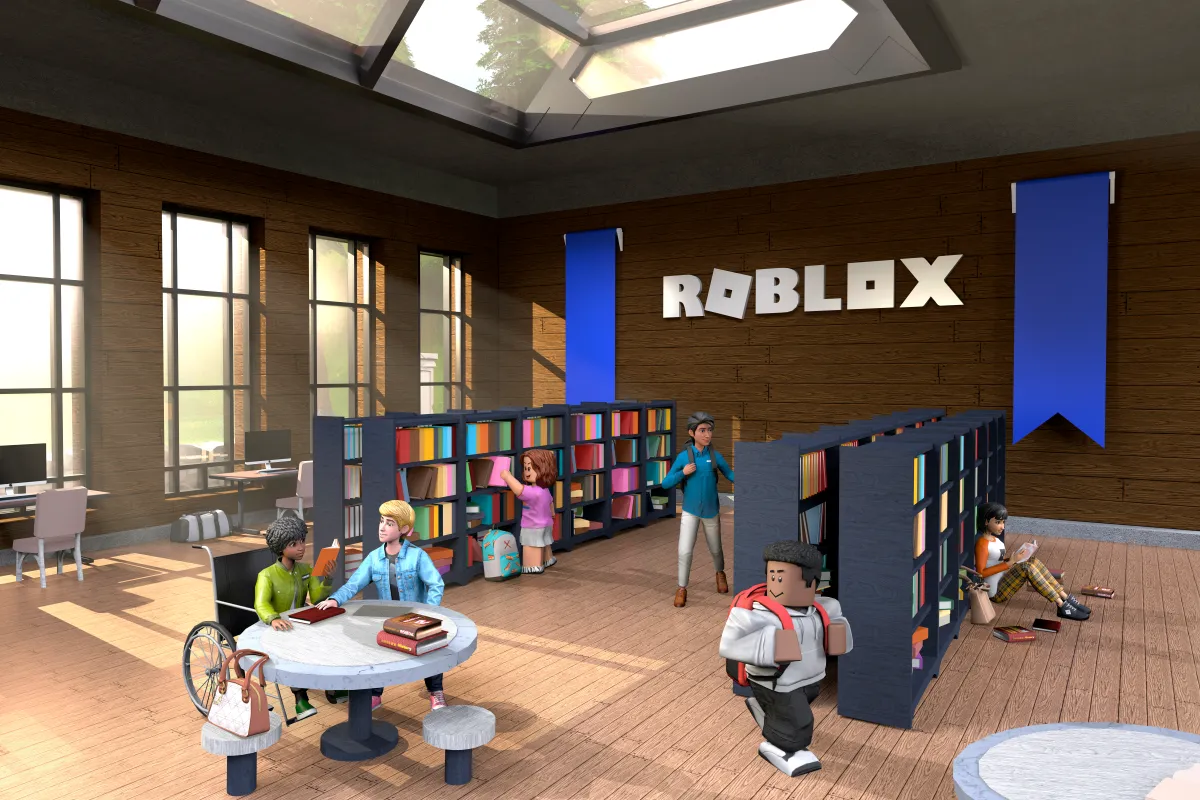



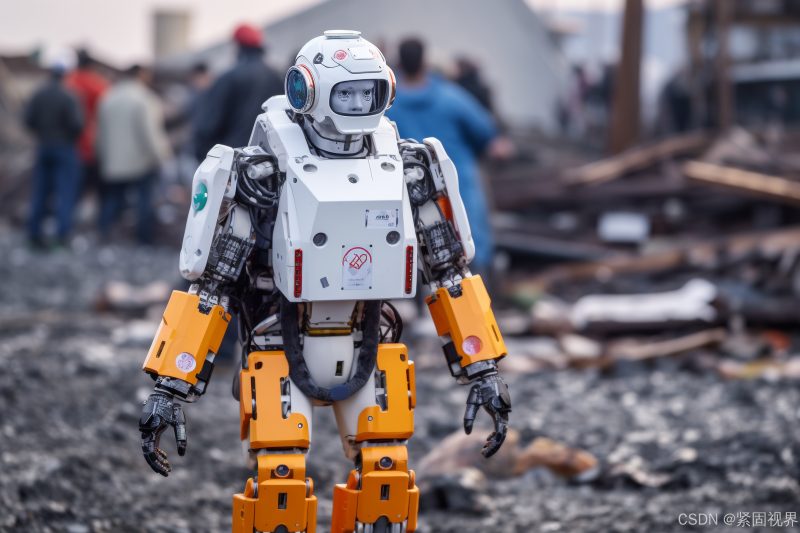
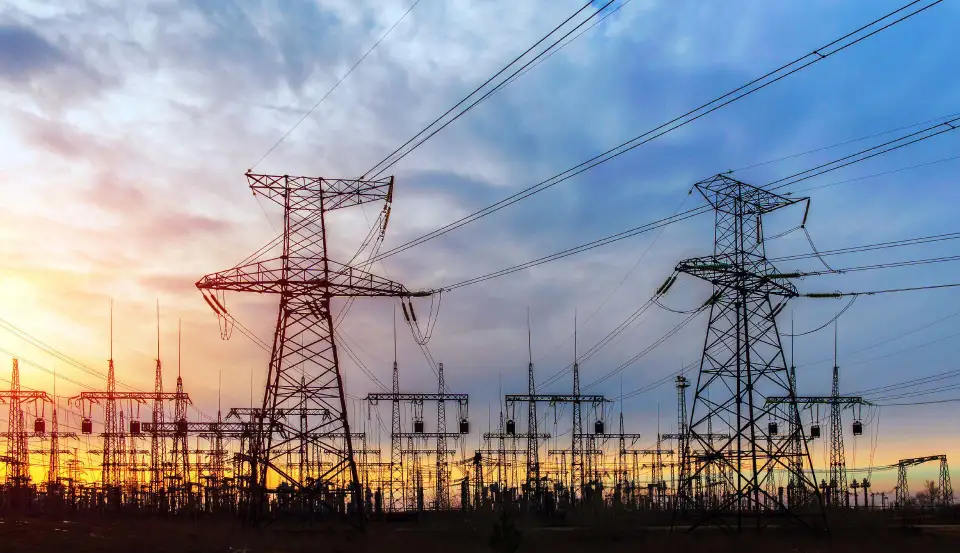
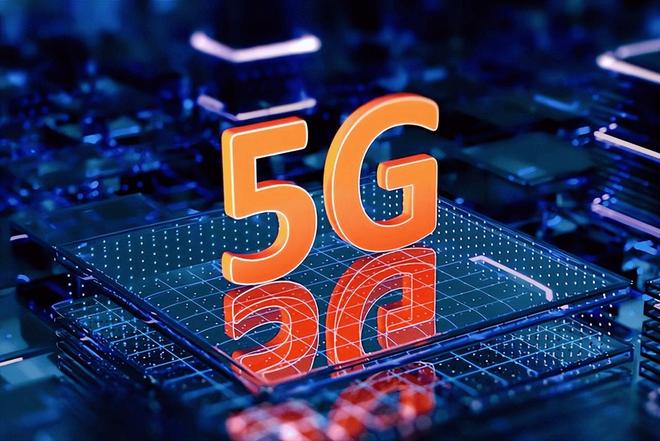
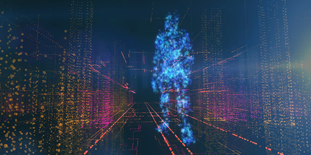

暂无评论内容